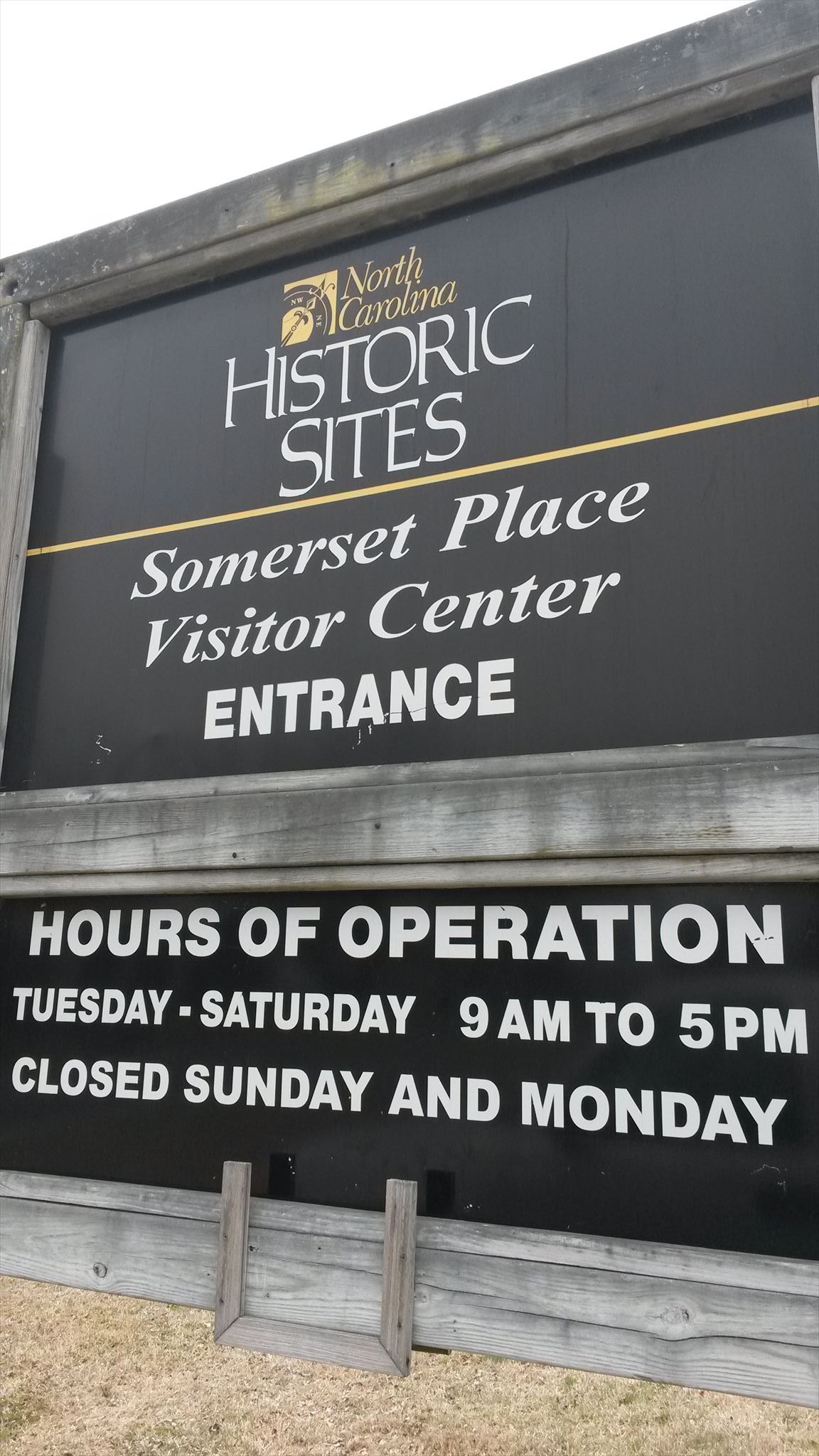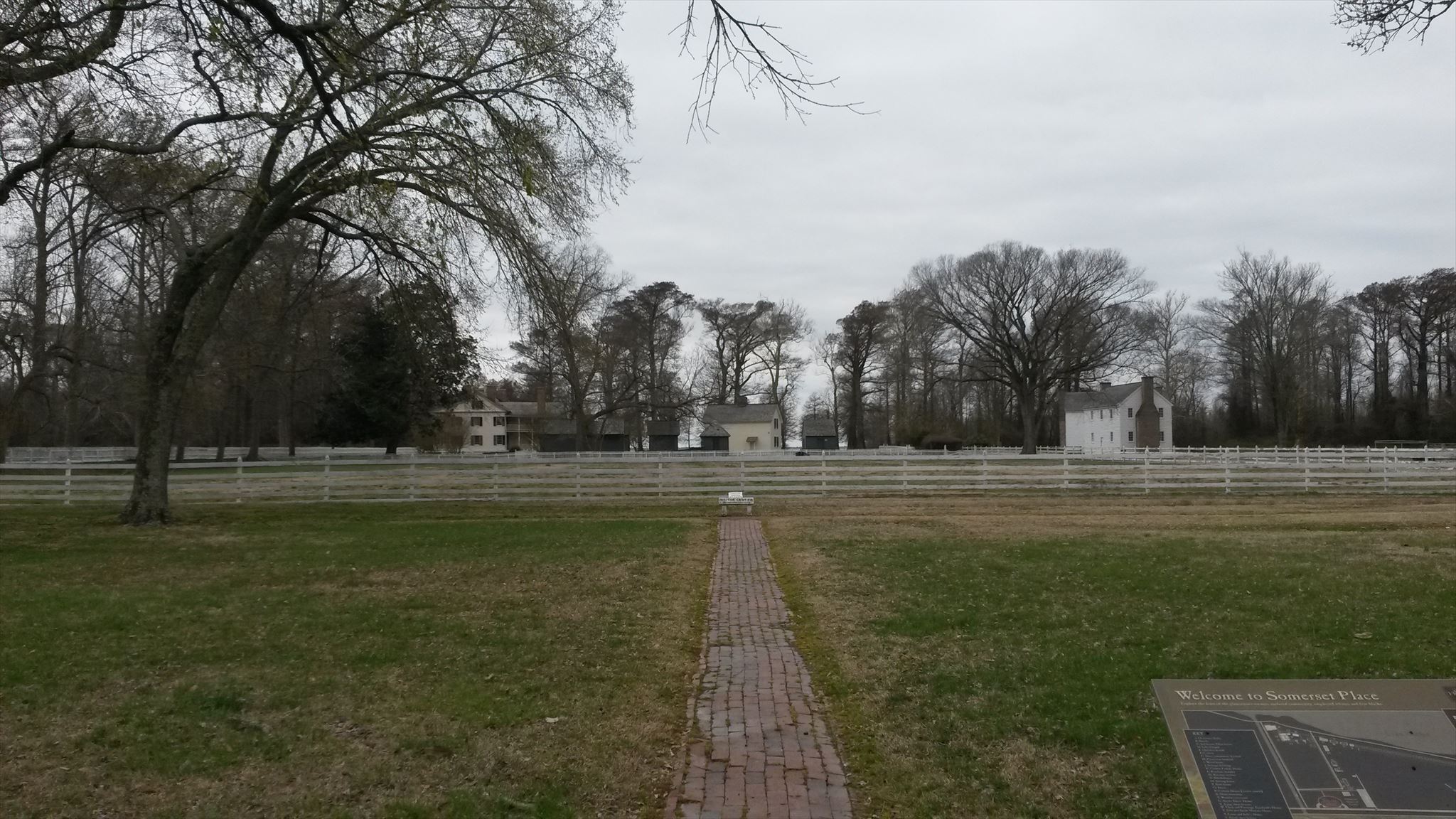Thirty caches are located in five different regions throughout NC. Instructions for sending the documentation are in the passport. Once all five regions are completed, you have earned a special NC Civil War trackable geocoin. Mail the passport to the address inside the passport – then your passport will be returned with your unique coin.
All of the containers are the same - camouflaged 6 inch PVC tubes - the code word you need for your passport is inside the container on a laminated card and also taped on the container that holds the log sheet. Date your logbook and add your code word in the numbered area for the cache. As the containers may become over tightened, carry a TOTT to ease the opening process.
Passports will be available at the event, some Civil War Museums in NC, and via mail if you send me you address or you can download your passport here.
Somerset Place
Somerset Place offers visitors a comprehensive and realistic view of nineteenth-century life on a large-scale North Carolina plantation. During its eighty-year existence as an active plantation (1785-1865), Somerset Place encompassed as many as 100,000 acres and became one of North Carolina's most prosperous rice, corn, and wheat plantations. Cumulatively, it was home to more than eight hundred enslaved men, women, and children of African descent-eighty of whom were brought to Somerset directly from their West African homeland in 1786.
The plantation operated as a business investment for more than forty years. In 1829 it became home to two generations of a planter family: Josiah Collins III, his wife Mary, and their six sons. When the Civil War ended in 1865, so did slavery in the United States. Left without unpaid labor, planters such as the Collins family could no longer maintain the plantation system that had characterized much of the antebellum South.
Visitors tour the Collins Family Home and related domestic dependencies including the Dairy, Kitchen/Laundry, Kitchen Rations Building, Smokehouse, and Salting House. Reconstructed buildings related to the enslaved community include the Suckey Davis Home, Lewis and Judy's Home, and the Plantation Hospital. Archaeological remains of several buildings and the plantation grounds (including stocks where slaves were punished) can also be explored.


NO NIGHT caching - also please note the facility is closed on Sunday and Monday - Open 9-5 Tuesday - Saturday